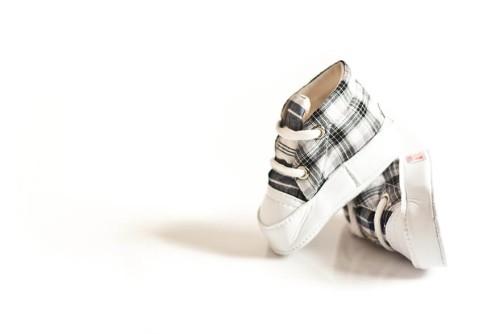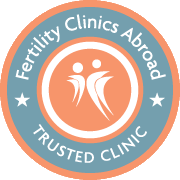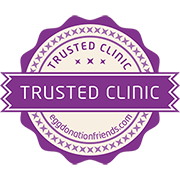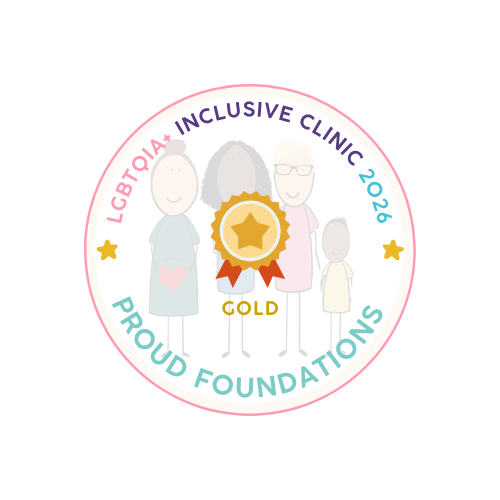Information about donors
Egg donors are young fertile women aged under 35 years old, according to the Greek legislation, who following special testing and investigations are accepted in our egg donation program.
Their motivation in many cases is driven by their altruistic instincts and they want to help other women achieve their dream of having a family, as they have had friends or family members that have suffered from infertility. Many also choose to donate as an extra source of income to support their studies or their families. All egg donors however are also entitled to receive compensation or expenses as specified by the Greek Legislation.
The main assessment categories that they need to go through to be recruited are:
- Medical history and physical examination
- Testing for infectious diseases
- Chromosome Analysis
- Screening for inheritable diseases
- Family medical history
- Psychometric assessment

Egg donor requirements
Blood tests performed on egg donor by Newlife IVF Greece:
- Blood Group & Rhesus factor
- Hepatitis B (anti-Hbc, HbsAG)
- Hepatitis C (anti-HCV)
- HIV I+II
- Syphilis (RPR/VDRL)
- CMV infection status (IgG & IgM)
- Screening for genital tract infections
- Full Blood count
- Hb electrophoresis
- Molecular testing for Thalassemia mutations (α-globin, β-globin, δ-globin cluster)
- Karyotype
- Fragile X
- Cystic Fibrosis (99% of most common mutations)
- SMA - Spinal Muscular Atrophy
- Non-syndromic deafness (GJB2-mutation 35delG)
- Just before the donor's egg collection Nucleic Acid Amplification Test (NAAT) for Hepatitis B (HBV), Hepatitis C (HCV) and HIV
- Psychological assessment
- Cross-check questionnaires to confirm personal and family medical history
- Questionnaire to reveal a possible genetic disease

Family history
All donors also are asked for a detailed family history and we ensure that nothing concerning is found in their family history.An extended carrier screen is a type of genetic test that can tell you whether one carries a gene for a certain genetic disorder. It is something that we can indeed perform, but we do not routinely recommend, as the conditions detected are very rare. It is an expensive process but if one wishes to carry this out, what we suggest is that the male partner performs and then if something comes up, then the egg donor is specifically tested for this specific disorder.
Ethnicity and characteristics
Egg donors in Greece must be residents of our country, according to the legislation. The majority of Newlife egg donors have a Greek heritage. Depending on which part of Greece they originate from, Greek women can have a very different appearance. Women originating from the islands can look different from women coming from the mainland, the Peloponnese, Epirus or Macedonia. Appearances may differ regarding the facial structure (the shape of the nose or the lips and even the eyebrow thickness), the skin tone (some can be just as pale as they can be dark), the height and of course the hair and eye colour (fairing from blonde to dark brown or even black). For this reason, Newlife has been able to cater for recipient needs of various ethnic backgrounds, including Caucasian, Indian, Arab, Scandinavian, Hispanic and Middle Eastern. The International Patient Manager, Ms Chrysa Karakosta and several other members of the team hold weekly meetings and closely match recipients to egg donors based on facial and body characteristics, specific requests and other interests like hobbies and educational background.Blood group matching to the woman having treatment or the couple is something that Newlife try to achieve for every single case, as this allows patients to select when and if they will inform the child regarding the donation process.












